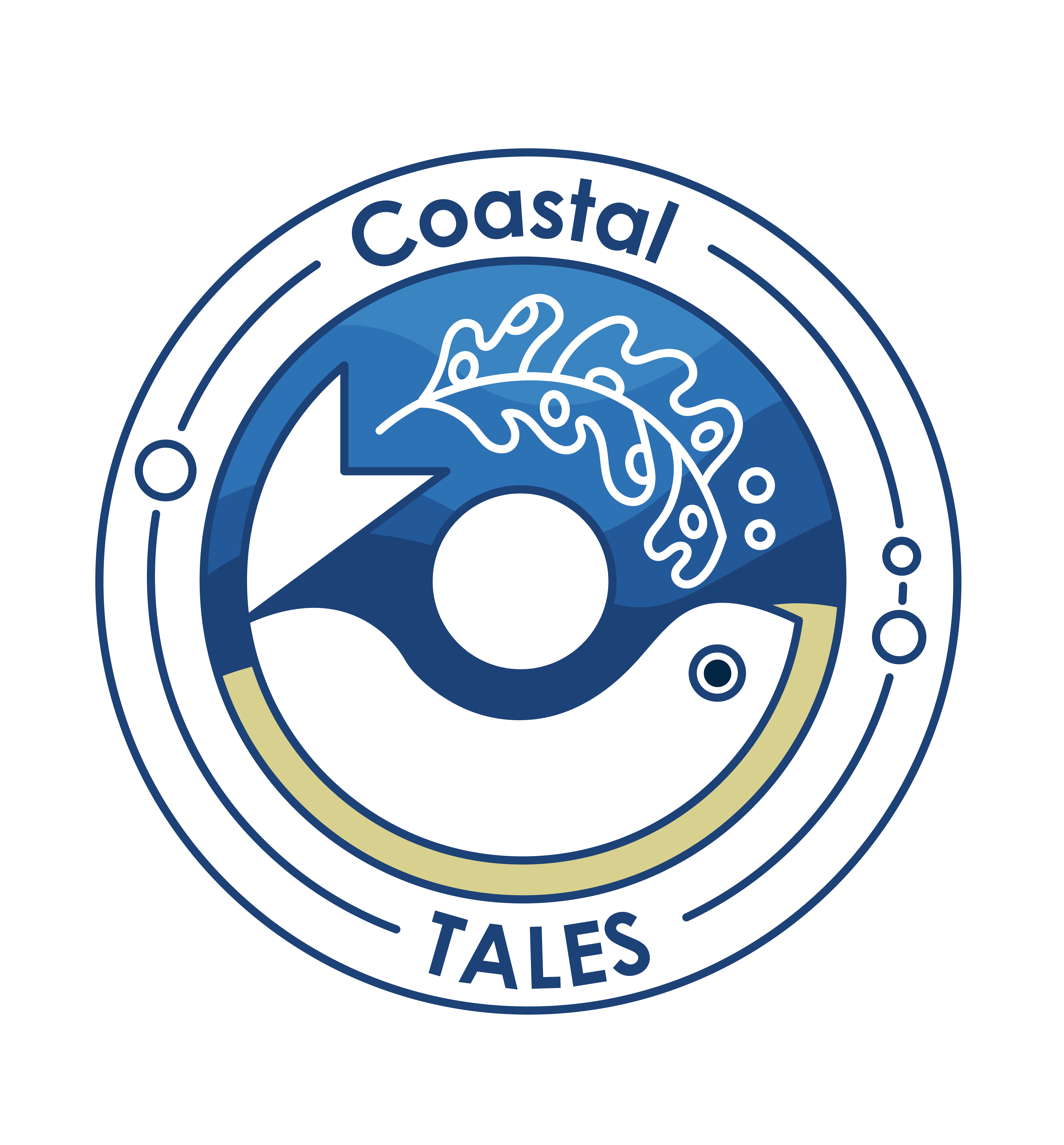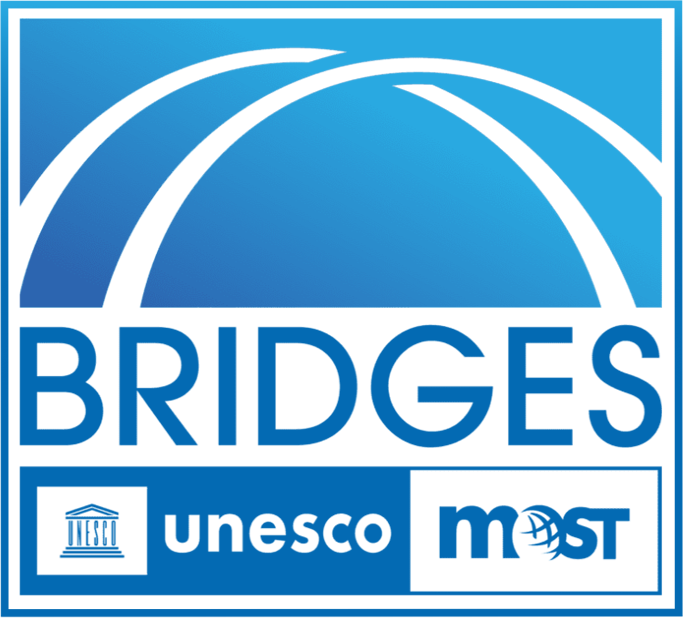Project facts
Presentation
Coastal TALES is an international, transdisciplinary project that explores the role intangible cultural heritage plays in helping coastal communities innovate and adapt to the changing climate. It draws together teams in Wales, Ireland and the US.
We are working with societal partners from coastal communities in Kodiak Bay Alaska, Dublin Bay and southwest Wales with the aim of better understanding how cultural heritage can drive adaptation and help mitigate the stresses of climate change. Coastal TALES asks how can stories of past practices can help deliver innovative local solutions to climate change in coastal regions, and help people (re)discover more sustainable ways of living in their rapidly changing coastal environments? We are actively engaged with recording how skills and knowledges are being preserved and transmitted locally and emphasising the value of different and traditional knowledge systems and memories of local traditional practices, braiding these intangible traditional knowledges with climate change narratives with intangible traditional knowledges. Our Societal Partners work closely with the local environment, indeed recognise themselves as part of the ecosystem. Our research highlights the importance of reclaiming these close links between people and the environment that are embedded in local traditional knowledges.
Suumacirpet “Our Way of Life” (Sugpiaq Values)
The Kodiak study examines commercialised fishing in an Indigenous context, encouraging youth to draw on ancestral knowledge as a means to forge environmentally sustainable communities and lifeways. We are working with Native community members, exploring how stories are used to educate Sugpiaq youth in culturally appropriate responses to subsistence challenges. Stories told by the elders at the Nuniaq Youth Culture Camp are used to teach younger generations to preserve and enact heritage knowledge to sustain good relations in marine ecosystems. These stories, together with knowledge drawn from the Alutiiq Museum’s oral history archives, are being used in curriculum development, to co-create teaching materials relating past, present, and future relationships with the lands and waters. In the banner photograph above Ossie Kairiauak tells stories and teaches drum-making at Nuniaq Camp, Kodiak, Alaska.
The inshore coastline of Dublin Bay, Ireland is a UNESCO natural heritage site and host to an expanding port of one of Europe’s large cities. The coastal defence is increasingly made of hard concrete, and trawling has impacted the ecosystem and, together with pollution, destroyed much of the natural defence system of oyster beds, eelgrass, and stone reefs.
Here we are applying local and traditional knowledge for the coastal restoration of Dublin Dublin Bay. Using oral histories alongside historical maps and old photographs, we are identifying practices of managing rising waters with hard and soft coastal defence structures. Here coastal erosion is increasingly rectified by laying concrete. Our research advocates an alternative approach, grounded in local and traditional knowledges within the wider Dublin Bay. Oral histories, cartography, folklore archives and inter-generational dialogue are being explored to provide mechanisms by which local knowledges can enable local action. The aim is to reintroduce a natural coastal defence system of oyster beds, eelgrass, or stone reefs so that the rapidly degrading coastal zones can be protected whilst boosting biodiversity.
In coastal southwest Wales warming seas and increased pollution in waterways are driving adaptation and local communities are looking to heritage production methods for inspiration. Here we are foregrounding the revival of local coastal heritage foods, with an emphasis on learning how heritage stories can drive sustainable adaptation. We are working closely with community-led initiatives to illustrate how the revival of traditional coastal food and fishing practices may inspire people to innovate and adjust to changing environmental conditions. Traditional food practices are being revived in a modern context to secure livelihoods, food security and encourage biodiversity. The stories told by local businesses will be examined to better understand how cultural heritage may provide fresh insights, inspiring locals to innovate and adapt to meet sustainability challenges.
Impact
As a UNESCO-MOST BRIDGES project Coastal TALEs values the importance of co-created, humanities inclusive sustainability science and attends to the importance of heritage as one response to the wicked problems of the Anthropocene. Our aim is to inform policy by providing localised information on how heritage stories are driving local adaptive responses to climate change.


